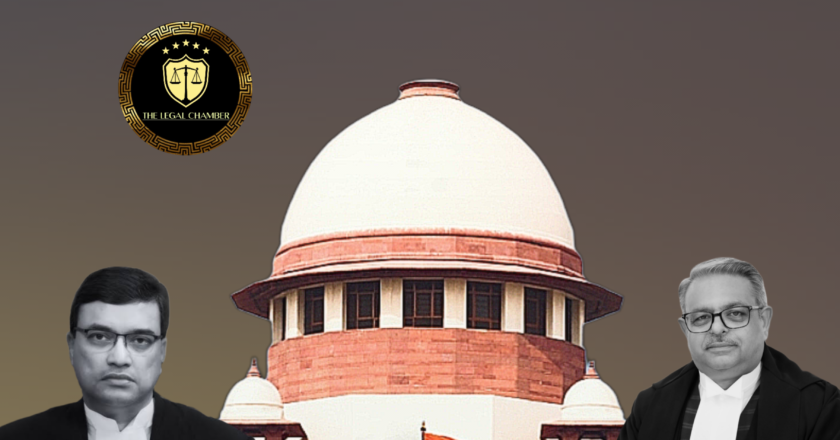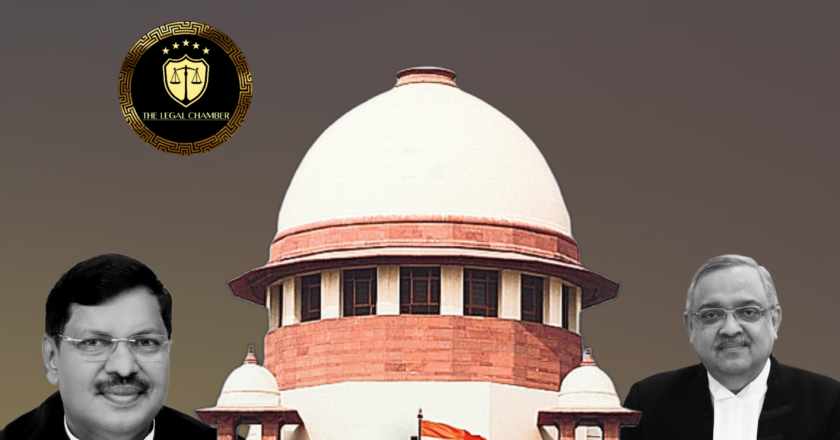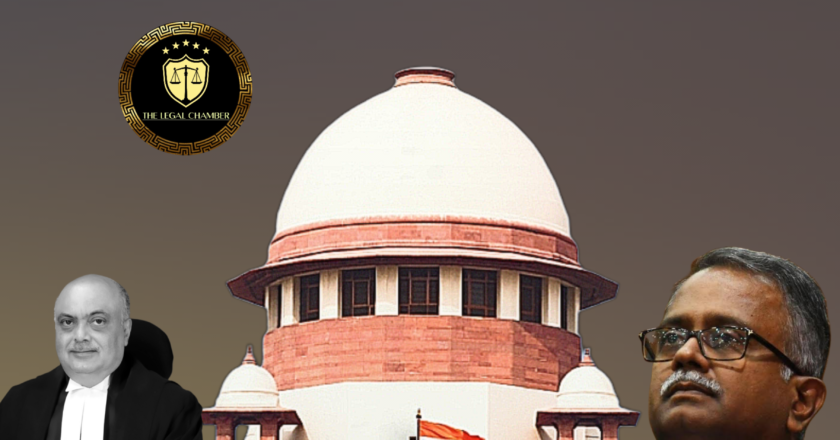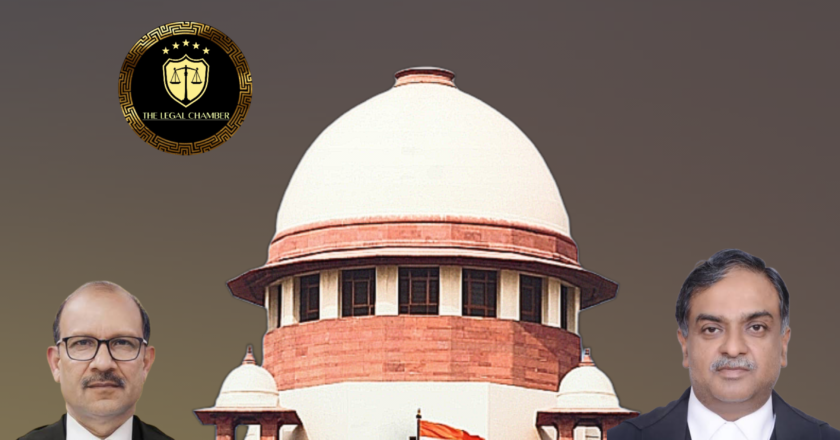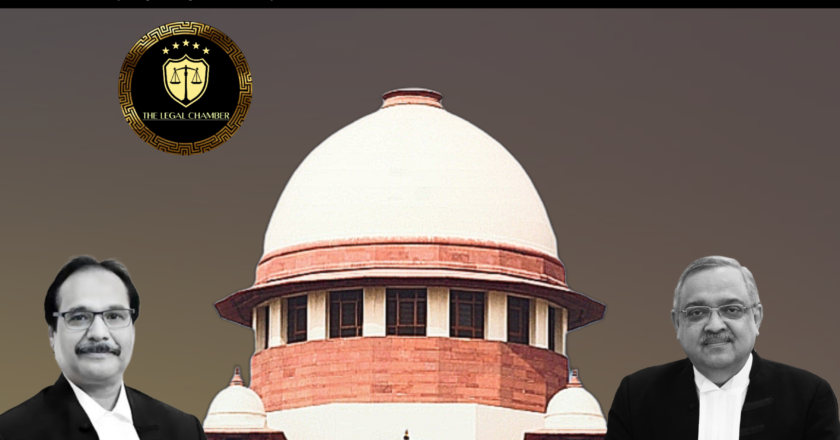Will, Mutation & Adverse Possession: Supreme Court Allows Title Suit to Proceed to Trial
The Supreme Court held that a plaint cannot be rejected under Order VII Rule 11(d) of the CPC on grounds of limitation when seeking possession based on title, as the limitation period is 12 years under Article 65. The determination of adverse possession is a mixed question of law and fact requiring trial, not a threshold dismissal.
Facts Of The Case:
The plaintiffs, claiming to be natural heirs of Kartar Kaur through the sisters of the original landowner Ronak Singh, filed a suit for declaration of ownership, possession, and injunction. Their claim stemmed from a 1975 decree that set aside a prior gift made by Kartar Kaur and declared her the owner. Following Kartar Kaur's death in 1983, the defendants set up a 1976 will in their favour, initiating prolonged mutation proceedings wh...

